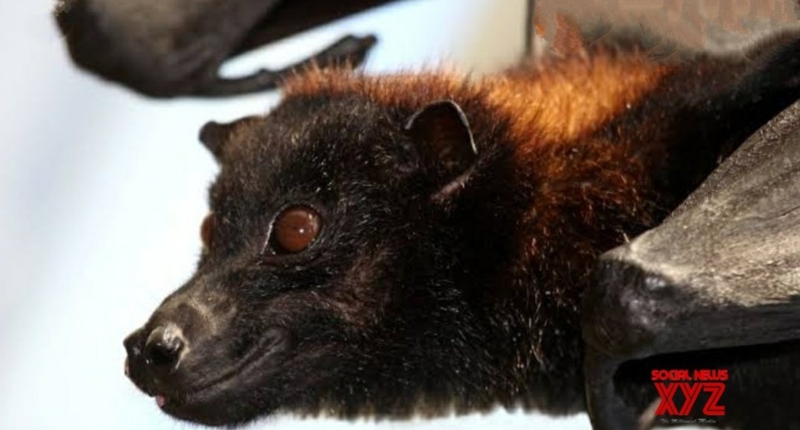A new study by international scientists has discovered new bat species native to the UK that carry a Covid-like virus, raising the spillover risk to humans. The scientists from Imperial College London and the University of Nottingham screened 48 faecal samples from 16 out of 17 bat species breeding in the UK and found four sarbecovirus genomes recovered from two horseshoe bat species, which are reservoirs of many zoonotic viruses that jump from animals to people. One sarbecovirus, RhGB07, can bind and use the human ACE2 receptor to infect human cells, but the study showed that the UK sarbecoviruses would need further molecular adaptations to infect humans, with their zoonotic risk still unknown but warrants closer surveillance. The discovery of these new UK bat species carrying Covid-like viruses poses a significant spillover risk, and genomic surveillance of wildlife must be increased to prevent further pandemics.
New UK Bat Species Carry Covid-like Virus: Spillover Risk Increases
A team of international scientists has discovered new bat species in the UK that carry a Covid-like virus. These bats may only be a few mutations away from infecting humans, according to the researchers.
Scientists from the Imperial College London and the University of Nottingham screened 48 faecal samples from 16 out of 17 bat species breeding in the UK for coronaviruses. They found nine complete genomes, including four alpha coronaviruses, an MERS-related betacoronavirus, and four closely-related sarbecoviruses. Two novel sarbecoviruses were discovered from two horseshoe bat species, R. ferrumequinum and R. hipposideros.
The researchers wrote in their study, published on a pre-print website, that RhGB07, one of the sarbecoviruses, can bind and use the human ACE2 receptor to infect human cells. ACE2 is the entry point for the Covid virus to enter the human body and infect a wide range of human cells.
Although the binding affinity of RhGB07 spike to the human ACE2 receptor was found to be approximately 17-fold lower than that to SARS-CoV-2 spike, the researchers noted that “at least one sarbecovirus isolated from UK horseshoe bats can bind human ACE2 receptors in vitro.” However, the study also highlighted that these RhGB01-like viruses are likely to require further adaptations, particularly in their spike proteins, before making a zoonotic jump.
Furthermore, these sarbecoviruses’ spike proteins are only one mutation away from a furin cleavage site that enhances infectivity in other coronaviruses, including SARS-CoV-2. The scientists warned that the emergence of the Covid-19 pandemic in 2019 is a sobering reminder of the massive impact of zoonotic viruses on global health and the economy.
Horseshoe bats are reservoirs of many zoonotic viruses that jump from animals to people, including viruses that cause severe acute respiratory syndrome and Covid-19. The study screened faecal samples from these bat species, with four sarbecovirus genomes recovered from two horseshoe bat species. RhGB01 is linked to SARS-CoV-2, responsible for the current pandemic, and SARS-CoV, responsible for the initial 2003 SARS outbreak in humans.
In conclusion, the discovery of new UK bat species carrying Covid-like viruses and being just a few mutations away from infecting humans poses a significant spillover risk. The genomic surveillance of wildlife must be increased to prevent further pandemics, according to the researchers.
The study’s researchers emphasized that while the UK sarbecoviruses need more molecular adaptations to infect humans, their zoonotic risk is still unknown but requires closer surveillance.
Don’t miss interesting posts on Famousbio










